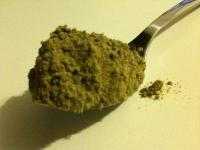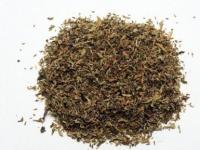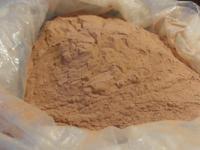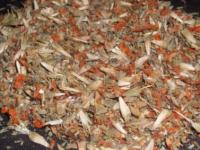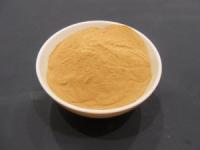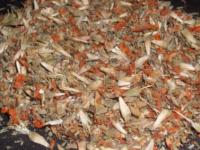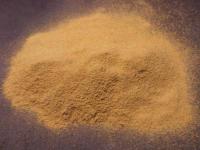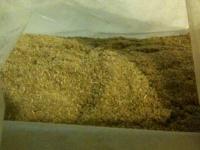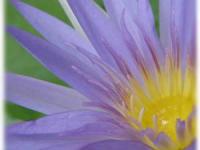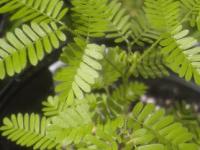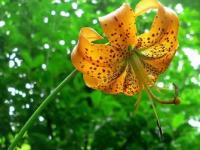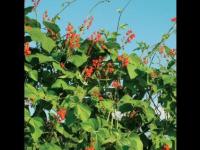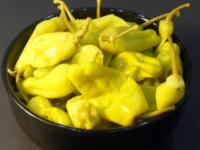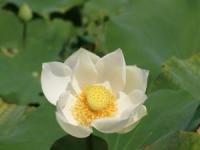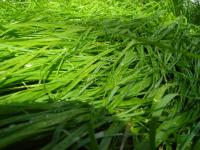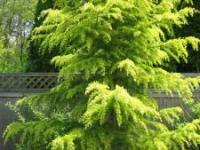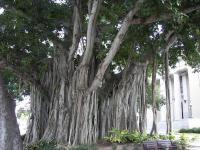Yes we do Combine Shipping!
This Listing includes the following:
2)
3) Lactuca virosa grows as a biennial, leafy stalk stemming from a large brown taproot. It starts as a low rosette at first, but extends with age, typically measuring up to four feet in height. It is a wild relative of lactuca sativa, which contains the group of cultivars that are commonly used in salads. Virosa, one of several species known as wild lettuce, is sometimes used in salads too. But it is quite bitter and therefore less palatable. All wild lettuce species have this quality, but it has been bred out of lactuca sativa over hundreds of years of cultivation. More so than an edible, virosa was used by doctors as a medicinal, particularly a sedative. It is also called opium lettuce because the plant exudes a sticky, off-white latex when damaged. Used as tincture, drank in tea or eaten as dried latex balls, L. virosa was used to treat restlessness and insomnia, coughs, colic, hyperactivity and pain. Its effects are the result of lactucopicrin and lactucin. It is still sold by many herb shops today, although the quality seems to vary much. Fresh herb or freshly collected latex is probably more reliable.
4) Turnera diffusa, commonly known as Damiana, is an aromatic herb native to Central and South America. Damiana users seek it out for sedative and aphrodisiac properties. Considering this purpose, damiana is also referred to as Turnera Aphrodisiaca, and it was reportedly used by the Mayans to enhance sexual experiences. Damiana’s reputation as a sex herb may be connected to reports that it dilates blood vessels. Damiana reportedly mixes well with other calming herbs such as passion flower, skullcap and chamomile, and it is a common additive to smoking blends or teas. In addition to the aforementioned uses, damiana is also employed as a cough suppressant, stomach herb, anti-depressant herb and an anti-anxiety herb. It is said to help balance moods and female hormone levels while relieving constipation. Some users also find that it helps promote restful sleep. Damiana should be avoided by pregnant women. It has also been linked to fluctuations in blood sugar levels, so it should also be avoided by individuals suffering from diabetes or hypoglycemia
- Brand WSF
00932
Payment Methods


Shipping
$1.99
Shipping Policy
Item is shipped out within 3 business days.
Return/Exchange Policy
Exchanges are accepted but not returns.
Please Login or Register first before asking a question.





